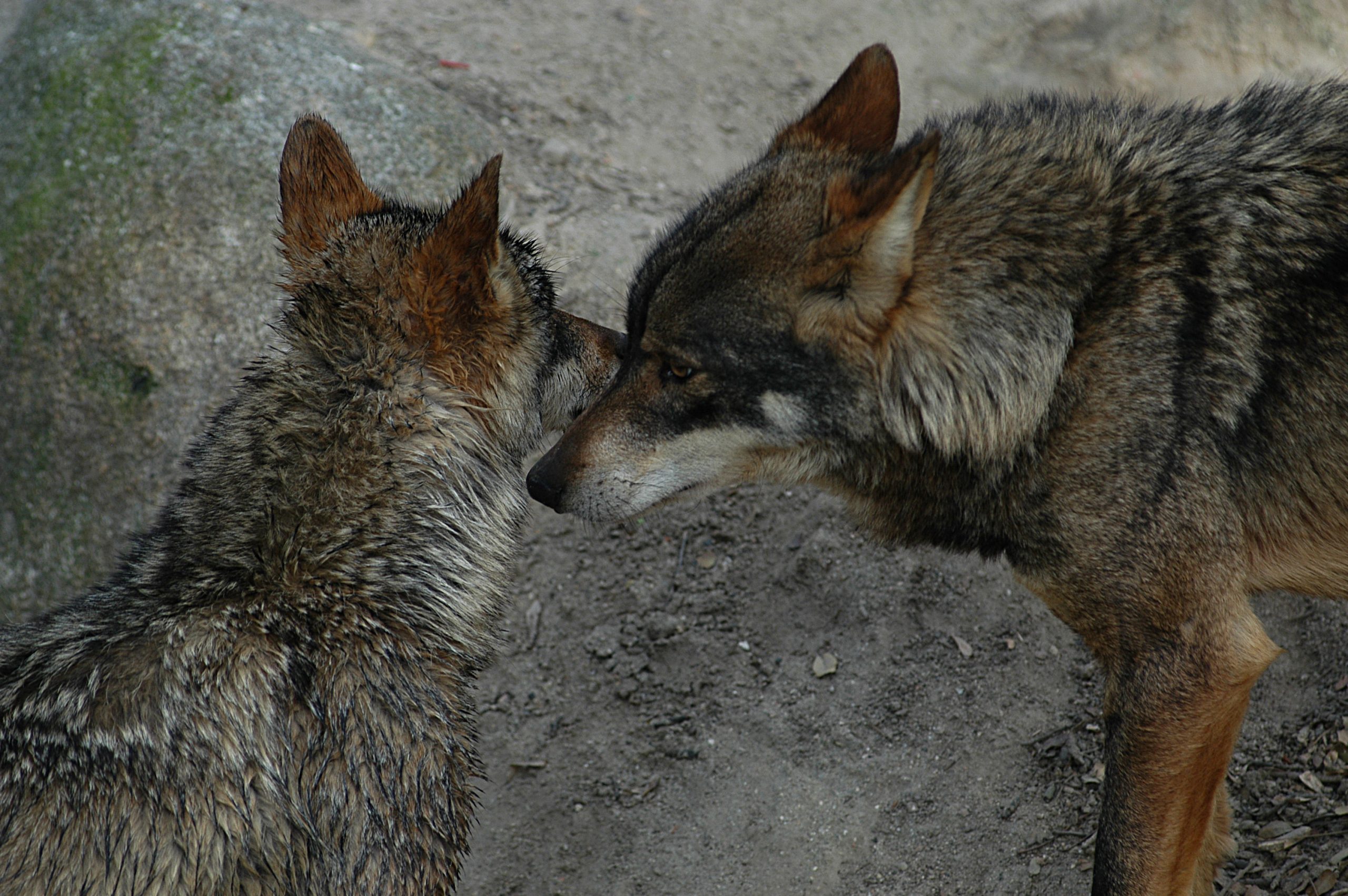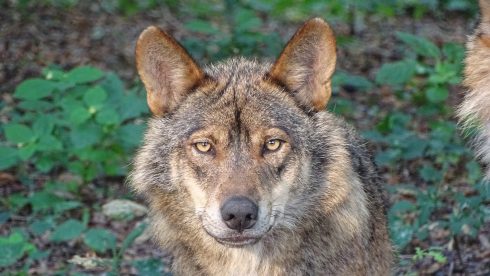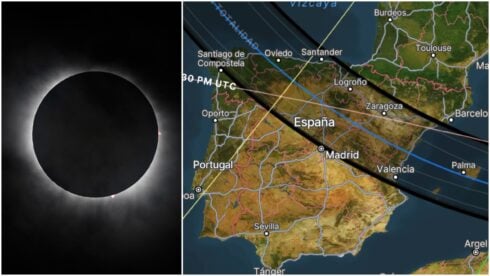THEY are the reviled monsters of folklore that gobble up girls in red hoods and blow down the houses of little piggies.
But the reality is wolves, which seldom attack humans, have long been hunted not hunter, and even faced near-extinction in Spain in the 1970s.
Indeed, their numbers had dwindled to just hundreds by 1980 due to a deliberate eradication policy through poisoning, until vital new protections were put in place.
Now the fate of the wolf is once again in the balance after the winds blowing in from Brussels have indicated their protected status is coming under review.
Ursula von der Leyen, the President of the European Commission, recently declared resurgent wolf populations ‘a real danger for livestock and potentially also for humans’.

The news will come as music to the ears of Spanish farmers and hunting federations, which have faced a total ban on killing them since 2021.
Until then, hunting had been permitted with quotas north of the River Duero, but the total prohibition south was extended to the entire country.
Despite fierce opposition from those who view wolves as a nuisance or even a pest, the conservationists won out thanks to fears that the population had still not recovered sufficiently.
Today the Royal Spanish Hunting Federation blames ravenous packs for the loss of 10,000 heads of livestock a year, with over half coming in Castilla y Leon.
Farmers have reported finding entire flocks of sheep massacred in overnight bloodbaths, leaving them both traumatised and with a substantial financial loss to bear.
In a landmark 2021 census, Spain was found to be home to 2,500 Iberian wolves spread across 297 packs, 90% of which roamed north of the Duero, including in Galicia and Asturias.

Combined with the population in Portugal, the Iberian wolf represents the largest population in Europe.
However, it also represents the most deadly, according to Professor Krzysztof Schmidt from the Mammal Research Institute in Poland.
As he explains, since 1945, all nine cases of a wolf killing a human in Europe have occurred in Spain.
Most were unattended children, picked off by wolves in scenes reminiscent of a Grimm fairy tale.
Yet those attacks almost all occurred in the 1950s and 1960s, during a different time when Spain was a much more rural and agrarian society.
This period marked the prelude to the wolf population reaching its most precarious state, before bouncing back slowly after protections were put in place in the 1970s.
Even so, the Iberian wolf was recently declared extinct in Andalucia, as zero sightings have been reported in over a decade.
This, in part, led to the Spanish government announcing its wolf recovery plan to try and get numbers up 18% to 350 packs.
And, of course, this project will now run head first into the EC’s plans to introduce ‘flexibility’ into their protection status. Thus goes the tumultuous existence of the wolf in Spain.
Click here to read more Spain News from The Olive Press.








